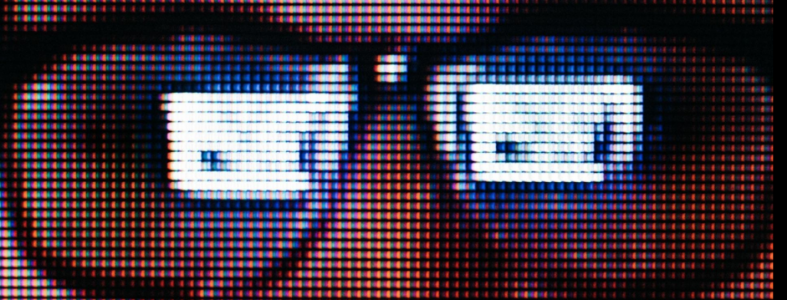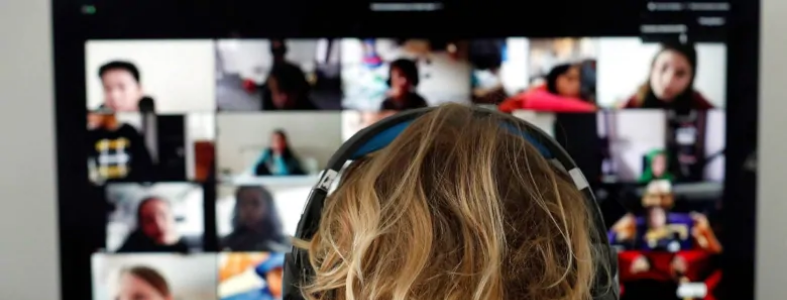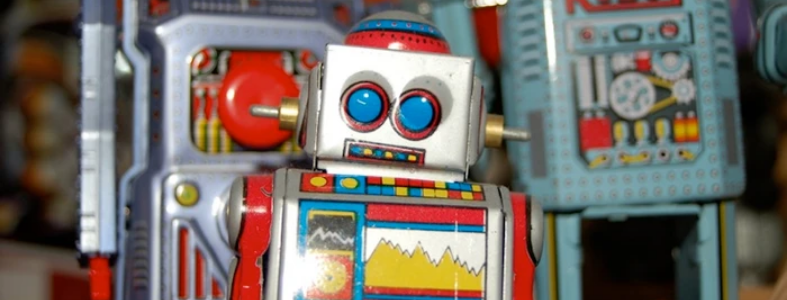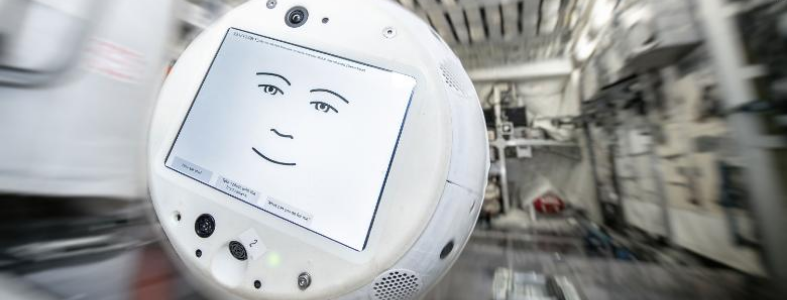Nine great industry news stories from this week you may have missed.
.png?width=787&name=Friday%20Top%209%20Feature%20Image%20(14).png)
How will courts function after COVID-19?
Since the shutdown of Ontario courts, the criminal justice system has been dealing with only urgent bail hearings and guilty plea proceedings. Emergency procedures are set to expire at the end of May, however some argue that we should not be returning to the "archaic and outdated business model" that was the norm in the justice system prior to COVID-19. In his recent article in Canadian Lawyer, Michael Spratt presents his ideas on why eliminating paper, permitting remote appearances and becoming less reliant on jails could be the key to giving our courts a much-needed reconfiguration.
‘Zoom fatigue’ is taxing the brain. Here's why that happens.
Does working from home make us feel more lethargic? According to National Geographic, workers are reporting so many similar experiences that it’s earned its own slang term: Zoom fatigue. The unprecedented explosion of our use of online video conferencing tools in response to the pandemic has launched an unofficial social experiment, showing at a population scale what’s always been true: virtual interactions can be extremely hard on the brain. Learn the science behind "Zoom gloom" here.
Will success of home-working prompt firms to rethink their plush city offices?
According to Legal Cheek, the pandemic has put a question mark over corporate law's love affair with swanky spaces. As we embrace video-conferencing platforms full time, it begs the question: will the adoption of remote working practices in response to the lockdown spark a wider change across the industry? The relative ease in which lawyers have made the switch, coupled with the wider, long-term financial implications of the pandemic, will likely leave many law firms questioning their office space requirements in the years ahead.
Ready or not — your legal hearing may now be video conferenced
In the April 24 ruling, Association of Professional Engineers v. Rew, 2020 ONSC 2589, Justice David Corbett wrote, “policy arguments for and against video conferenced hearings are not matters on which this court should opine.” While there are arguments for and against video-conference hearings, the decision to proceed lies with the bench. Read the full details of the developing story on Law Times.
Make sure your virtual meetings are secure, says Sask. privacy commissioner
Saskatchewan's Information and Privacy Commissioner, Ron Kruzeniski, is urging people to do their homework before selecting a video-conferencing platform. He posed the questions, "Are they just going to make minutes? Are they going to keep the recording? Are they going to have the recording deleted in 30 days because they don't need it anymore?" Additionally, he stressed the importance of finding a program that complies with the Freedom of Information and Protection of Privacy Act, the Local Authority Freedom of Information and Protection of Privacy Act, and the Health Information Protection Act. Read the full list of questions you should consider before signing on via CBC.
Forget the Techlash. The Lawlash Is Long Overdue.
As physical distancing and lockdowns make us more dependent on technology than ever, some are proclaiming that the coronavirus pandemic has killed the techlash. Techlash, The Oxford English Dictionary defines, is “a strong and widespread negative reaction to the growing power and influence of large technology companies, particularly those based in Silicon Valley.” Even in the midst of this crisis, the backlash rages on against some tech companies, including Amazon, Uber and, perhaps most notably, the videoconferencing services company Zoom. Wired recently published an op-ed on why it may be time to abandon this theory and move towards "#lawlash" which promotes the need for effective legal frameworks behind these technologies. Read the full story here.
Smartphones are poised to become your virtual law office
In our increasingly mobile world, it should come as no surprise that a reported 80 per cent of lawyers now use iPhones for "law-related tasks." Looking deeper into typical applications of mobile devices, a survey found that lawyers still tend to predominantly focus on basic personal productivity tasks such as checking emails, calendaring, and expense tracking. However, aside from those applications, what are some of the high-value applications of smartphones that are proven to benefit your law practice? Law Technology Today has shared how you can utilize your iPhone to scan documents, turn them into searchable PDFs and more.
Artificial Intelligence cannot be inventors, US Patent Office rules
An AI system called DABUS "invented" two new devices, but the United States Patent and Trademark Office says only humans can do that. Their decisions stated that only "natural persons" currently have the right to get a patent. Until now, US patent law was vague about whether machines could invent, referring to “individuals” as eligible inventors. AI researcher Stephen Thaler, along with a group of patent law experts, argued that because he didn't have any expertise in containers or flashlights, and didn't help DABUS make the inventions, it wouldn't be right for him to be listed as the inventor. Read the full story on VICE.
This robot is helping astronauts on the space station with tasks, stress and isolation
You know who else may feel lonely and isolated right now? Astronauts aboard the International Space Station. However, the crews have a little companion that can take the edge off all that exospheric social distancing. CNN reports its name is CIMON, a friendly little robot with, well, about as good a robot face as you're gonna get. CIMON's job is to assist the astronauts with small tasks, but it also contains IBM-created artificial intelligence that can help learn about and adapt to ways people deal with isolation, loneliness and stress. IBM researchers say this data is especially important while people around the world cope with Covid-19.


























